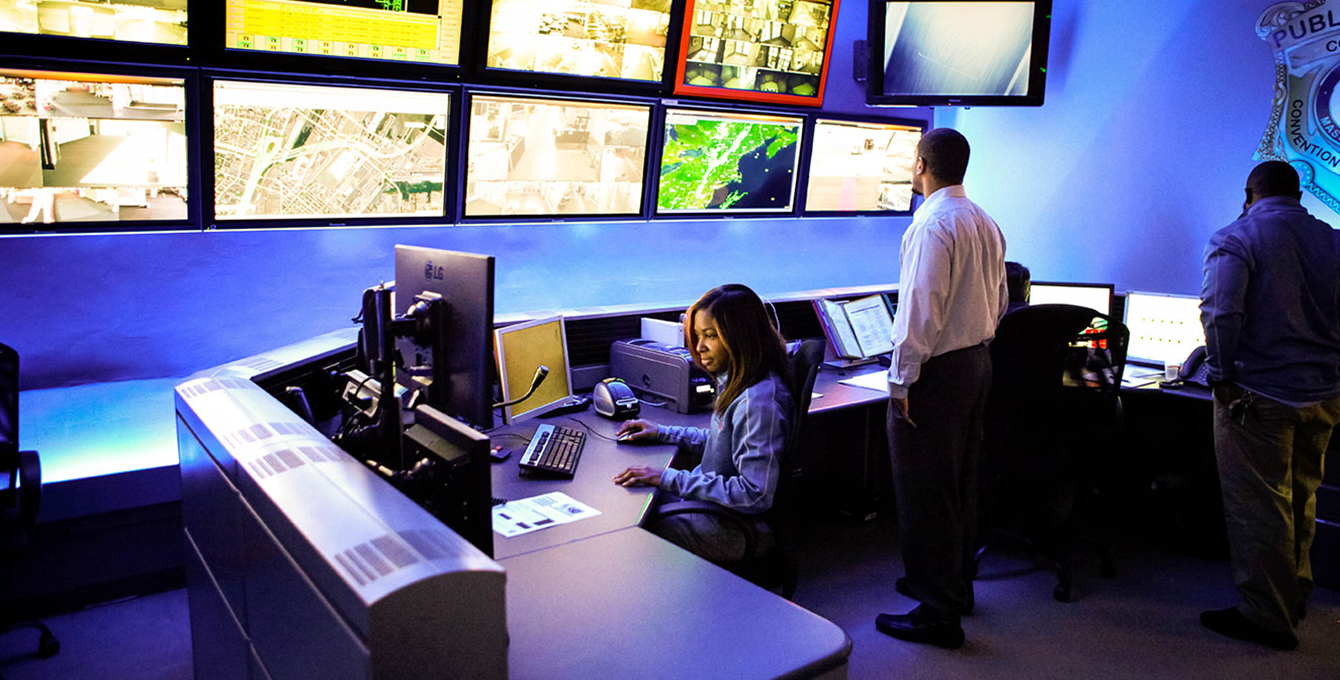As event professionals, our job is to host people and while we can’t prepare for everything, it’s essential to develop an emergency plan that can be adapted to any situation. Signature Boston’s Public Safety Team has taken their experiences to develop a comprehensive crisis management training program, starting with crisis communications. The following is the first in a series of four articles for Trade Show News Network to help you in planning for the unexpected.
In the last decade, the world has been experiencing a rising number of safety- and security-related emergencies and crises across many industries. The event industry is especially vulnerable, as mass gatherings and planned events are considered prime targets for attackers due to the concentrations of crowds, prominent speakers, and increased media exposure.
One of the most important elements of any successful emergency preparedness program is developing a crisis communication plan. But where do you start? The principles listed below provide guidance on how to build the foundation of your crisis communication plan or refine your existing one:
Define your audience
In any crisis, there are people who need to know and people who want to know. The people who need to know are those directly affected by the crisis: your staff members, exhibitors, attendees, vendors, etc. They should be prioritized in your communication efforts.
Establish crisis thresholds and action plans
Not all incidents are equal and they require different approach depending on their level of urgency and impact. Before your event, categorize potential incidents and come up with a communication strategy for each category.
- Minor incidents – anticipated and routine (medical emergencies, property damage, theft); can be resolved internally without involving unaffected stakeholders; small target audience for communications
- Moderate incidents – more impactful (weather-related emergencies, fire, power outages); need to notify additional people (all attendees, exhibitors and external partners; more people within your organization)
- Major events – very significant, unexpected; need to communicate to an even larger group often including media and the public
Have pre-approved communication templates
During an emergency, the need to communicate is immediate and going back to your legal team to ask for approvals of communications may cause serious delays in your crisis response. Instead, sit together prior to the potential emergency and get the communication templates approved in a non-stressful way. Focus on your target audiences, and develop templates with each audience in mind.
Leverage strategic relationships
Think about who can help get the message out faster and more efficiently. For example, your general service contractors (GSC) have great connectivity to your exhibitor base because of how they logistically work together. They often have systems that can send a blast message to all your exhibitors in an instant.
Control your message
Emergencies are often short-lived, but in the moment, it’s important to control your message to stakeholders to keep them from getting overwhelmed, and to help them focus on their jobs. During emergencies, people get starved for news, so keep a steady flow of information. Make sure you indicate when the next update is coming (in one hour, half an hour, 15 minutes) and stick to that, even if nothing has changed. This dialogue will reduce incoming calls and will allow your operations team to focus on their tasks. It’s also important to focus your message on facts. Don’t embellish or speculate. Talk about what’s being done, and what has and hasn’t changed.
A well-crafted crisis communication plan ensures timely and effective communication and prevents misinformation from spreading. Despite the unique challenges that each emergency presents, developing a comprehensive communication plan will help you identify needs and weaknesses and the right ways to address them.
The Plan Your Event section of our website includes information on all of the services available at our facilities. Whether you are in the process of evaluating Boston or planning your upcoming Boston event, our Signature Boston Team can walk you through all of your building services options, including public safety.




